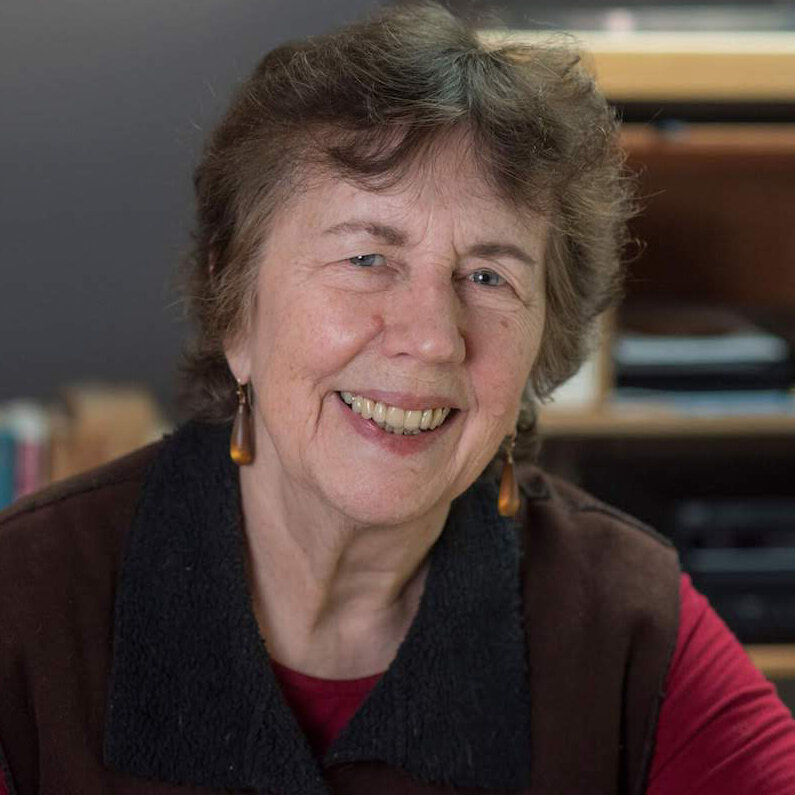“Over the years, we’ve performed much of their music, and many composers have become our friends. So here’s an opportunity for you to get to know them both as people, and as composers.”
PETER CHILD
October 18, 2020
“Part of the slowness, I think, is figuring out what the possibilities of my ideas actually are. Doing the composition is important, but actually being away from the music and letting my unconscious mind work on it is very much an important part of the process for me.”
“I do feel that clearly the impulse, the guiding spirit of music, is not secular. It is mysterious and sort of not of this world as we know it. That said, I do love things about the premise of sacred music…. it doesn’t require an audible or demonstrative stance from the listener. You don’t applaud at the end of a Bach Cantata, normally. You don’t have to applaud a sacred motet. You can think what you think. You can receive it in the way you receive it, and I love moving it in that way to a somewhat different arena.”
JOHN HARBISON
October 25, 2020
JOAN TOWER
November 8, 2020 [Part 1]
November 15, 2020
[Part 2]
Photo by Cynthia Del Conte
“Some pieces, we’d start to rehearse and somebody would say immediately, ‘oh, you know what, I really need to go get a cup of coffee’ and the next player would say ‘Ya, I need to make a phone cal. Can we delay this a bit?’… Other pieces we’d sit down and it was immediate action - ‘You are to fast, those 16th notes have to be steady because I can’t follow…’ and we would be into the piece right away. No phone calls, no coffee, nothing. It took me years to figure out it was the music that was controlling that behavior.”















